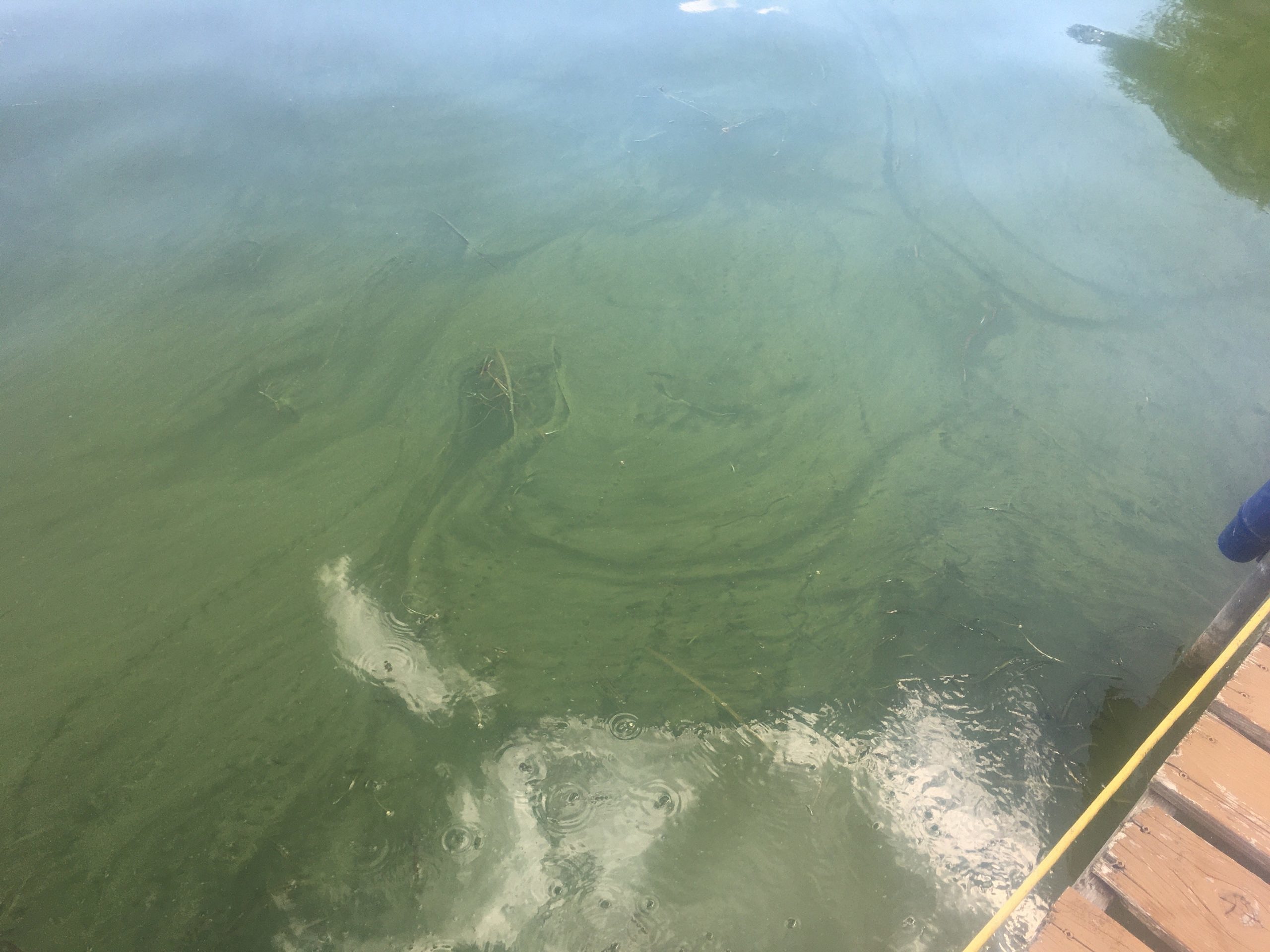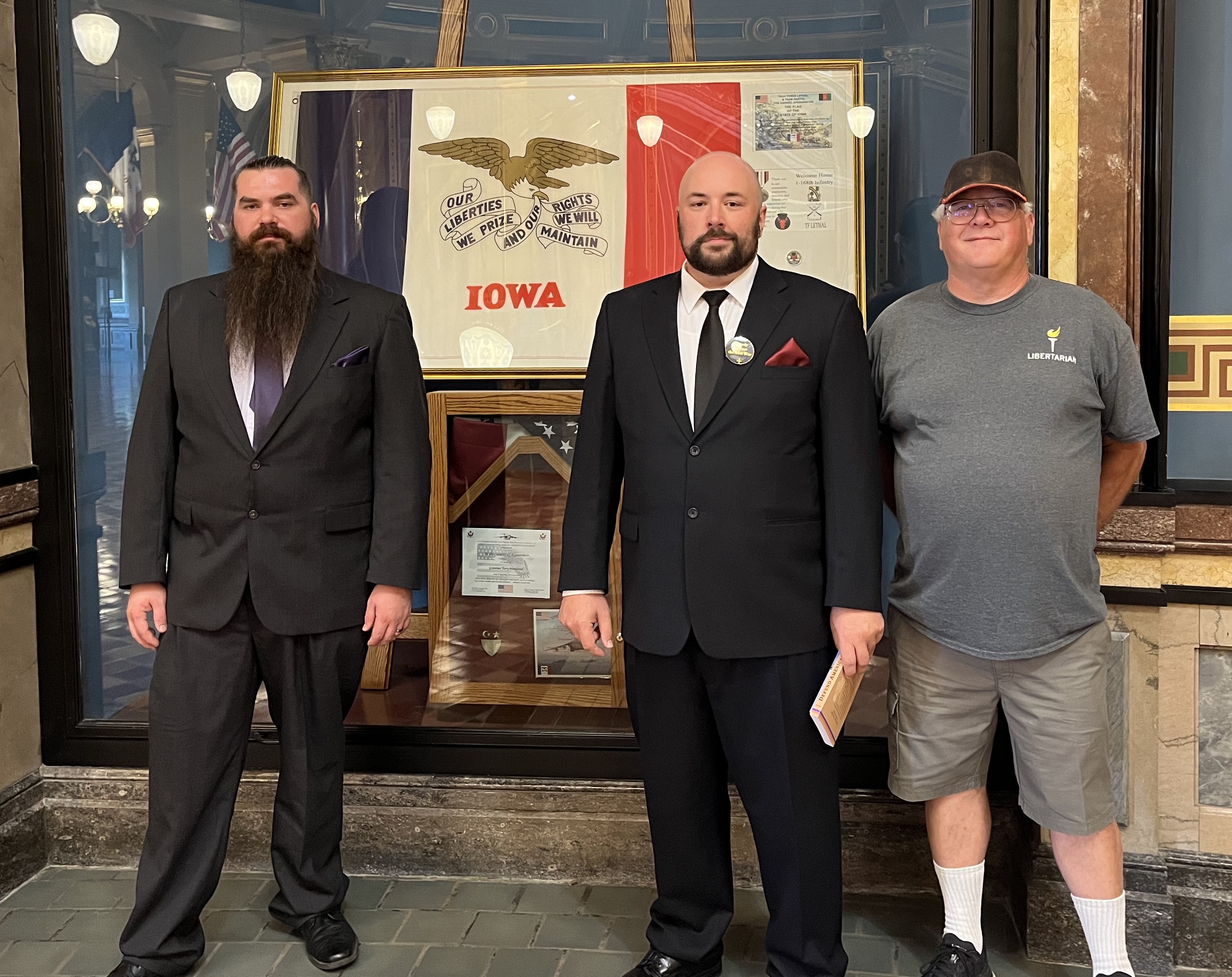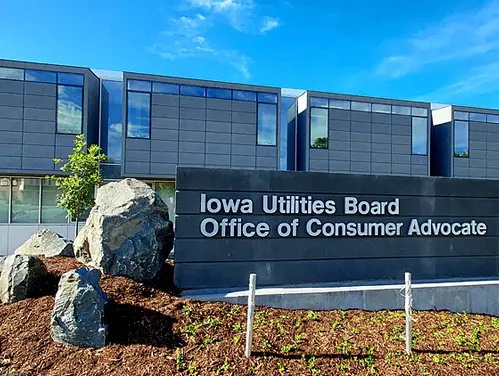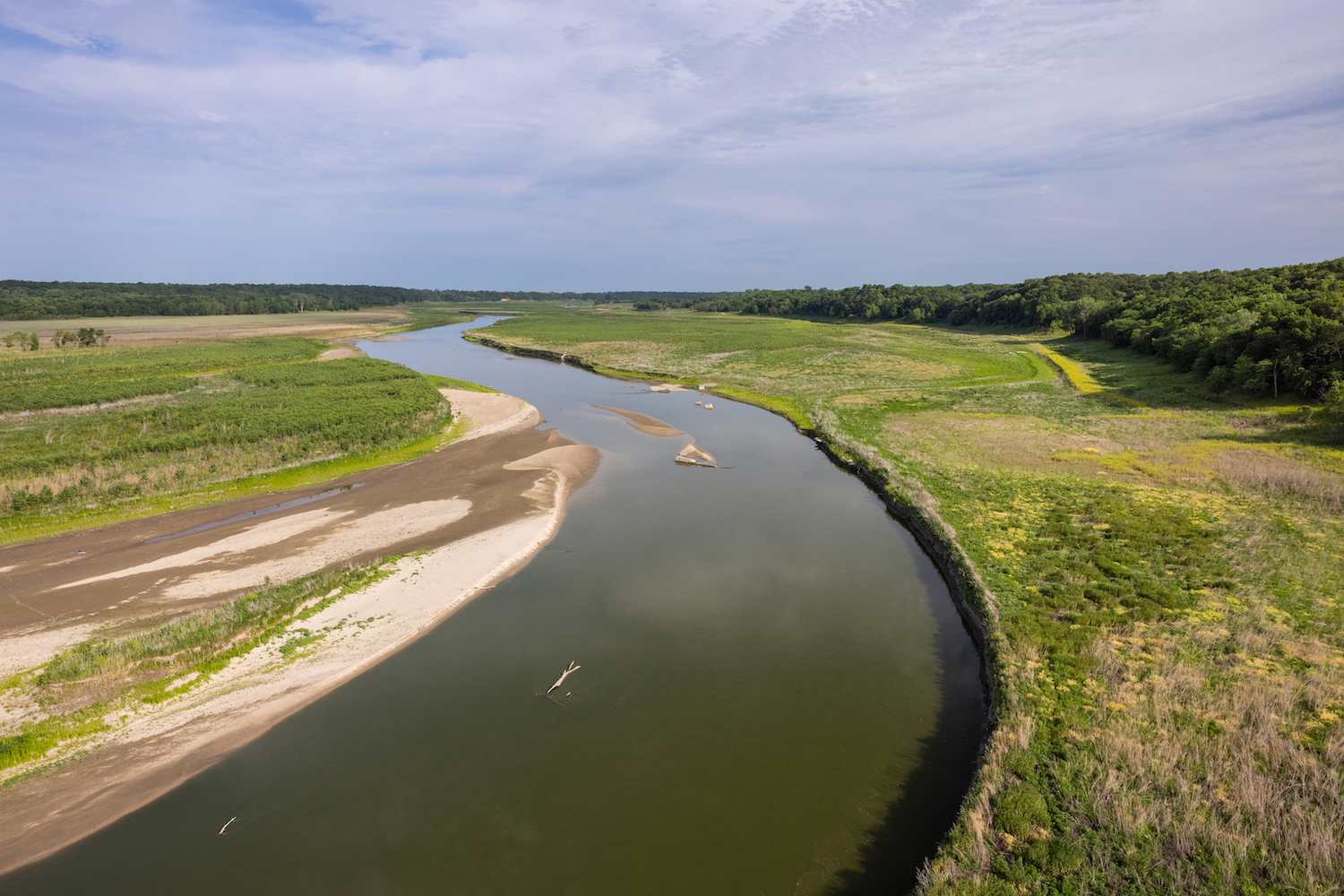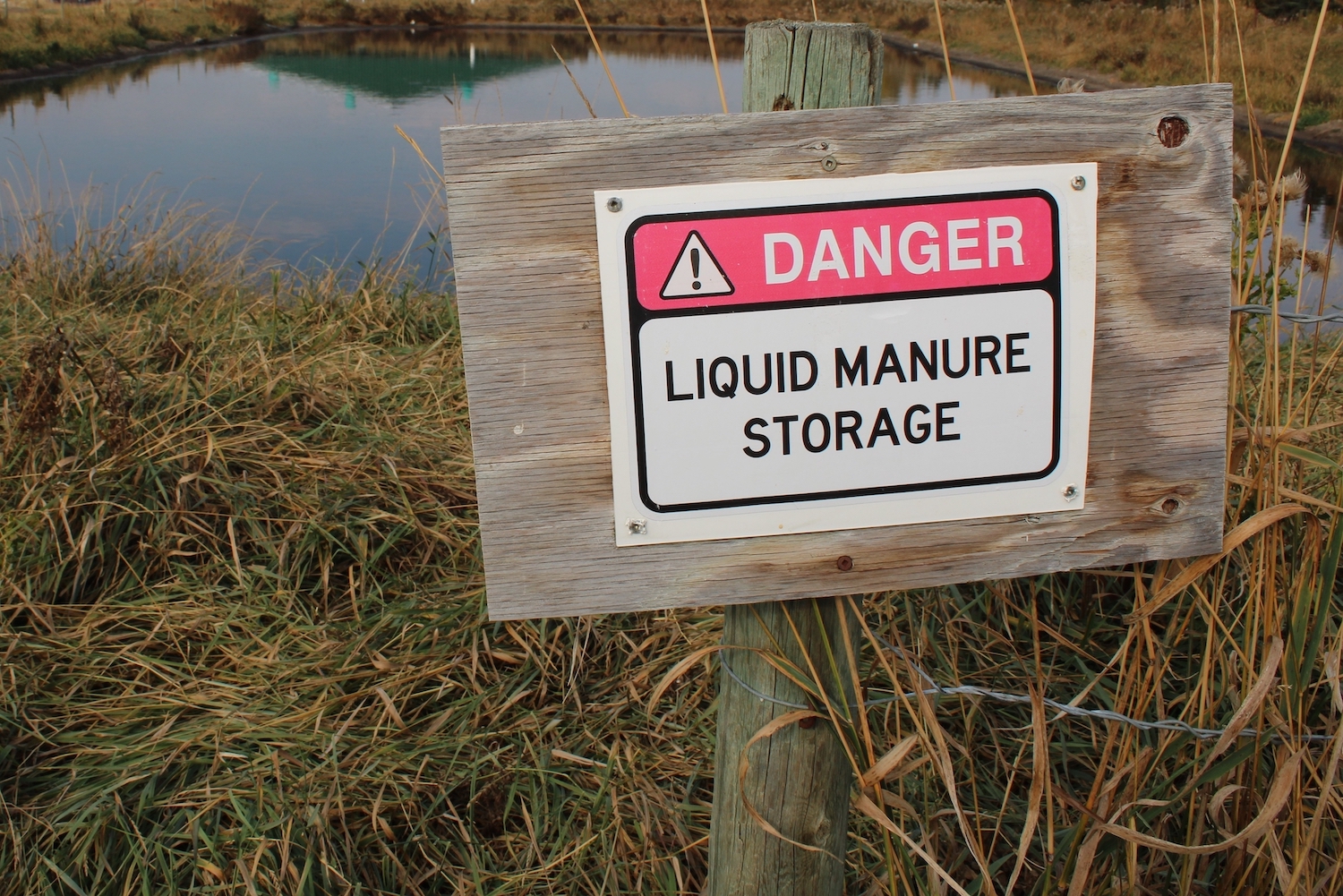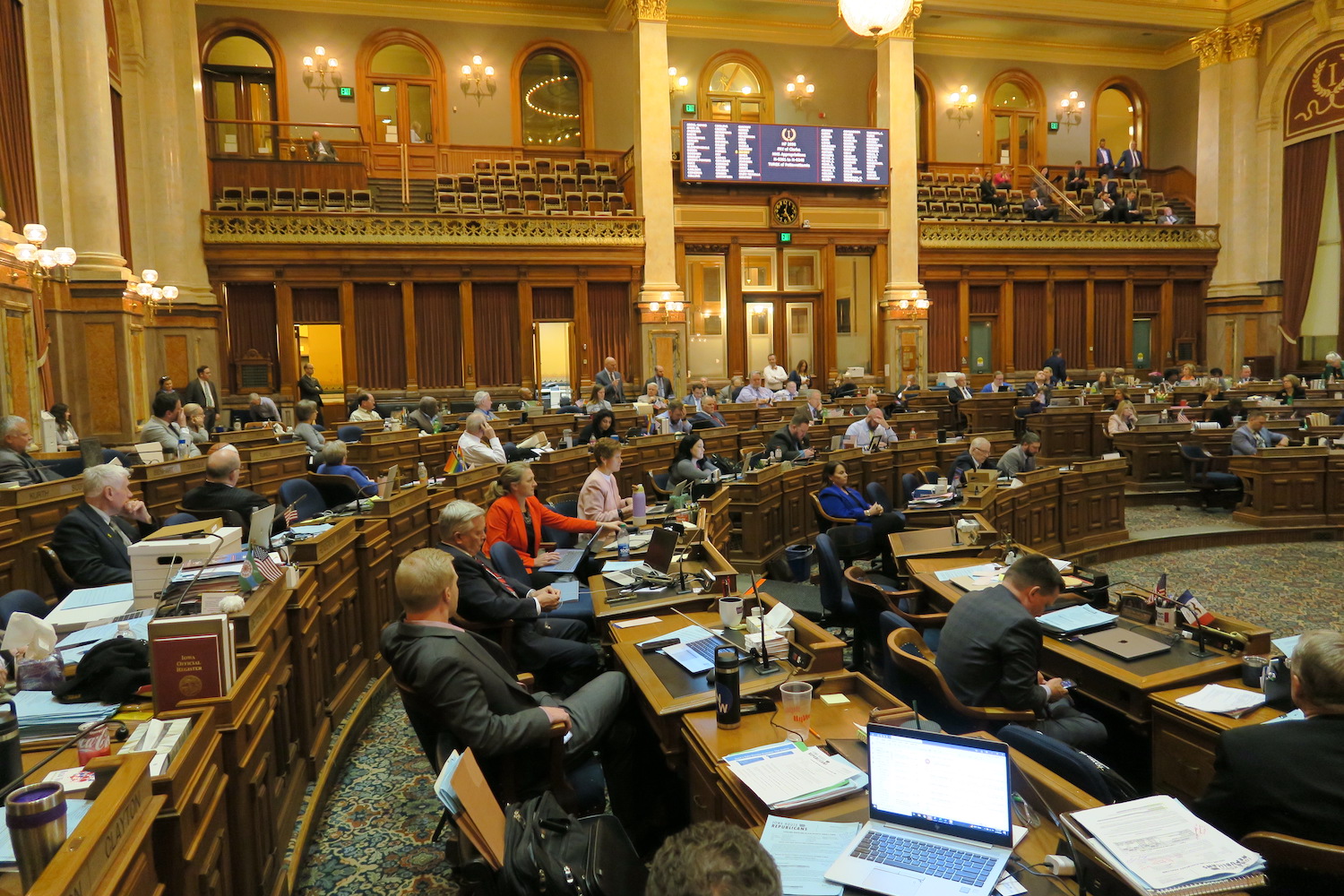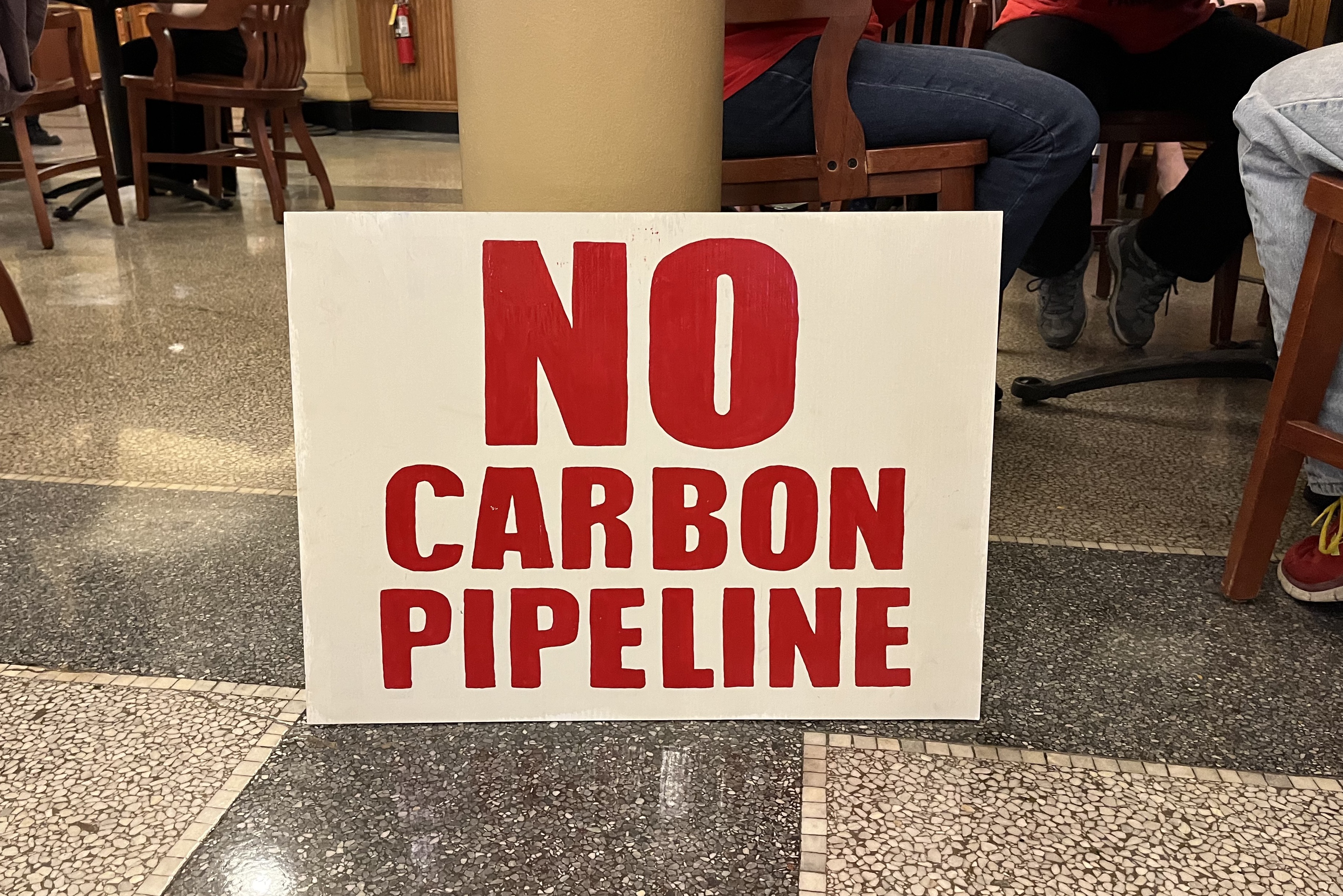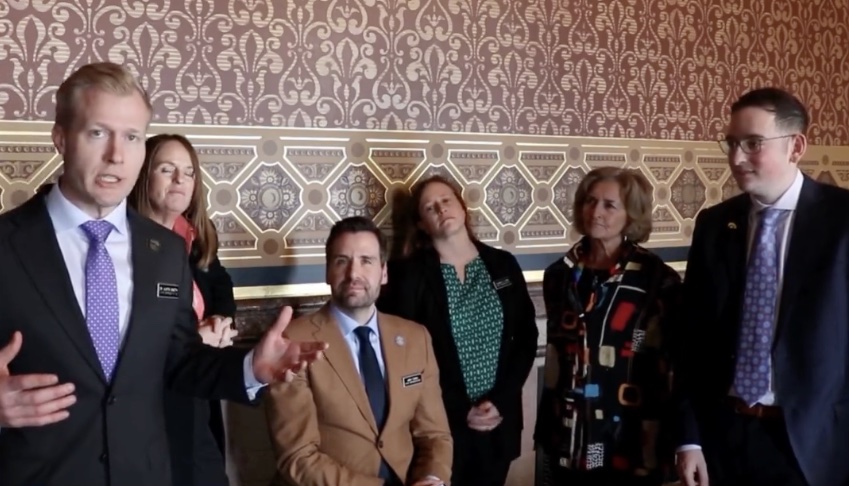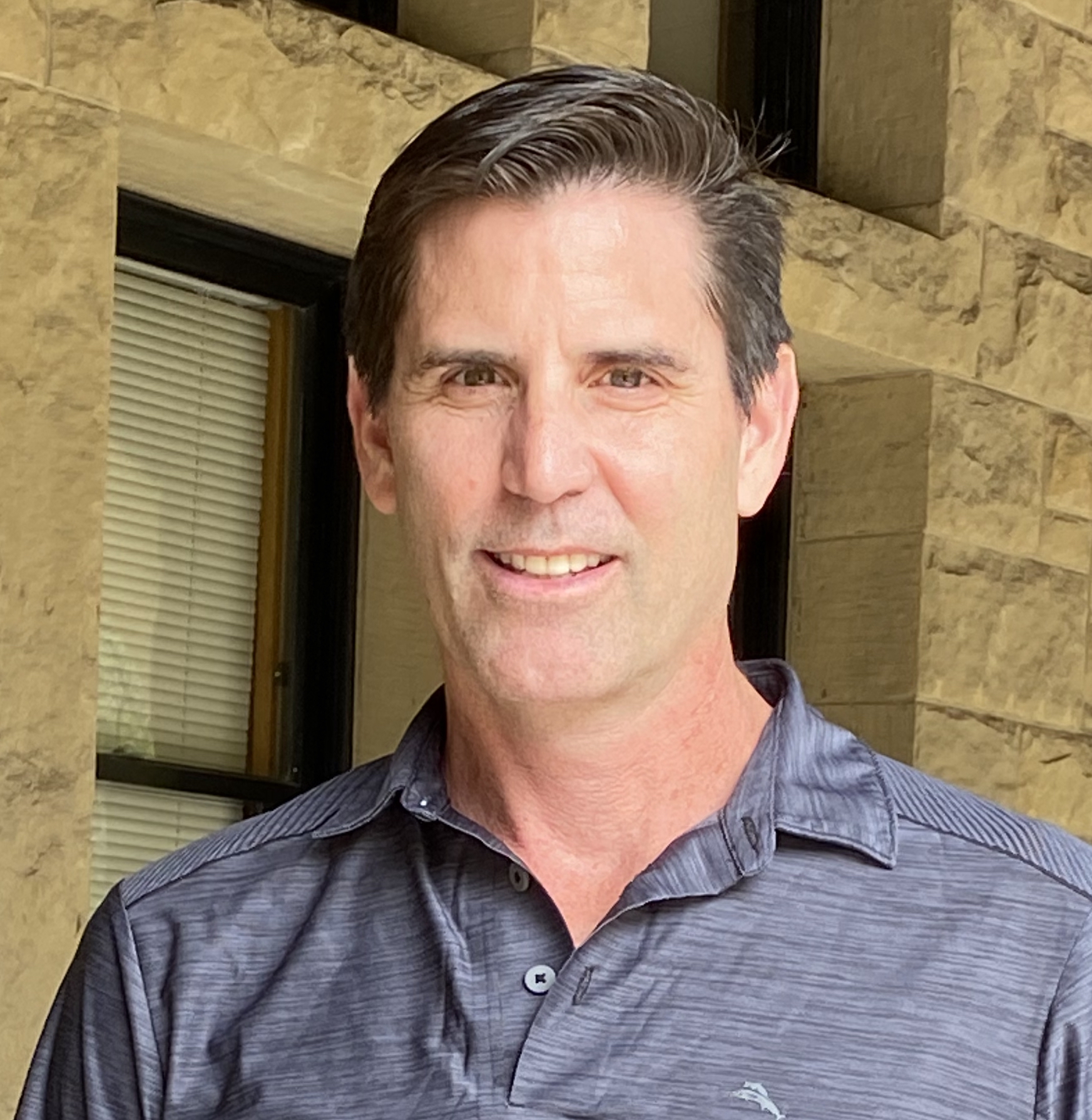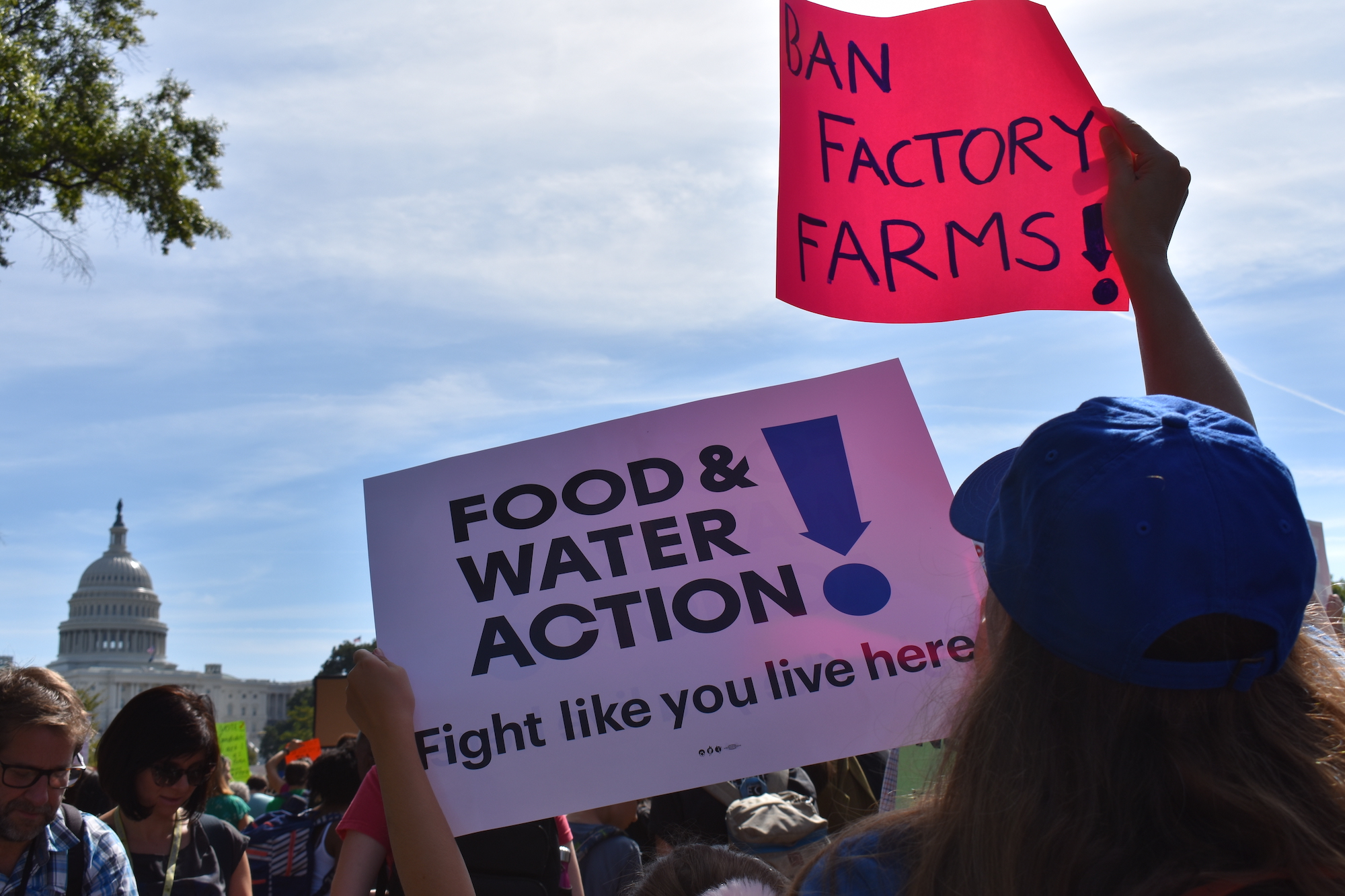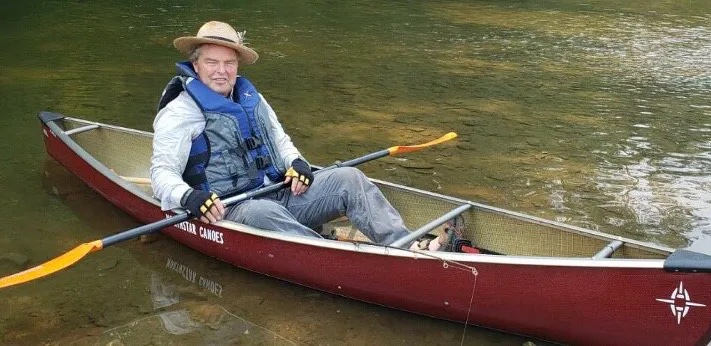Randy Evans is executive director of the Iowa Freedom of Information Council and can be reached at DMRevans2810@gmail.com.
During the 40 years I was a newspaper editor/manager, I strived to ensure the staff incorporated context into their articles. Sometimes, in a journalistic shorthand, that was described “the Iowa angle.”
If there was a mass murder in Iowa, I would dip into my stash of clippings and find the list of the worst mass killings in Iowa history. That allowed us to give context to the magnitude of the tragedy.
The same with tornadoes and floods. How does the number of deaths compare with the worst of these nightmares we have experienced in the past?
During the Vietnam war, and later during the Gulf wars, we turned to bound desk calendars where we pasted clippings to track the running tally of deaths of Iowa soldiers.
So, over this past weekend a friend and I pawed through statistics to provide important Iowa context when Belgium’s mixed relay triathlon team pulled out of the Olympic competition in Paris.
Continue Reading...
